Under the domed roof of São Paulo’s World Trade Center this week, the Global Agribusiness Forum has been reflecting on Brazil’s denigrated image in the eyes of the world.
Europe cops much of the flak, barbs thrown at its prevailing narrative of Amazonian deforestation and high pesticide usage that has come to dominate its outlook of Brazilian agriculture. This perspective is often given weight by local media reporting the latest multi-year highs of illegal deforestation, delegates say, such as this month when the Brazilian Space Agency said it was at its highest level since 2016.
For leading voices at the conference in São Paulo, this image is a fallacy – a reputation based not on truth but rather EU protectionism and its desire to find flaws in a global competitor. “It must be recognised that not all narratives are well intentioned,” says Marco Farani, Brazil’s ambassador to the UK. “Some serve commercial benefits.”
Ask policymakers in Europe, however, and they may point to another factor driving Brazil’s increasingly maligned reputation. Namely, Brazil’s president Jair Bolsonaro, who has consistently alarmed European figures since he came to power in 2019, having campaigned on promises to open the rainforest to more farming, logging and mining.
“Bolsonaro’s image abroad is terrible,” concedes Christian Lohbauer, president of CropLife, the body for agricultural technologies such as pesticides and plant biotechnology. Even when Amazon deforestation hit an all-time peak in 2004, it never got the attention it does now, he points out.
Bolsonaro’s global reputation is undoubtedly a problem. But for the likes of Lohbauer, the president’s shortcomings on the international stage are delicately balanced against his domestic reforms – ones that many are not ready to lose. While “under the last government it was really hard to get any chemicals approved”, says Lohbauer, under Bolsonaro the agri-chemical industry has won regulatory approval on more than a thousand pesticides, with a new bill now passing through Congress intending to loosen controls further.
The UN has urged the government to drop the bill due to its severe risks to human health, but the sector insists Brazil’s tropical climate, where pests and diseases are rife, means their usage is necessary. “[Bolsonaro] is the least bad option,” Lohbauer says. “Because if he loses, all his policies fall away.”
Bolsonaro’s support with agribusiness will be crucial to his success in Brazil’s October elections. He came to power in 2019 with the support of the sector’s powerful lobby, and he met delegates at the Global Agribusiness Forum on Monday, no doubt in part to try and drum up support once again. Accompanied by several of the country’s top ministers, it was notable in at least one sense, observes one attendee: “I’ve never seen that many top ministers in a room together.”
That afternoon, Bruno Barcelos Lucchi, technical director at Brazil’s agriculture and livestock representative body CNA, spoke from the conference main stage. He spelled out some of the “structural problems” affecting Brazil’s image, noting “illegal deforestation is a big issue that affects the country as a whole”.
Lucchi called for more action against those who cause environmental damage - and, in turn, cause damage to the reputation of all Brazilian producers. It suggests a different stance to Bolsonaro, under whom fines for environmental damage have tumbled. “We stopped having big problems with environmental issues, especially regarding fines,” the president said in January. “Do they have to exist? Yes. But we talked, and we reduced the fines in agriculture by more than 80%.”
Lucchi also urged improvements in the implementation of the 10-year-old Forest Code, a law intended to drive intensified land use and provide incentives for expanding agricultural production via productivity gains, rather than by clearing new land for crops. The scheme relies on farmers registering their properties to be monitored and assessed – something that, so far, many have failed to do.
In recent months, Bolsonaro has seemingly altered course to a certain degree. In May, he signed a new decree for crimes involving Amazonian destruction that will see larger fines for anyone who provides false information for logging licence applications and forest concessions. However, critics say the policy was simply a response to a lawsuit in the Supreme Court and will do little to avoid the most pressing issues that undermine the collection of fines.
The reality is that the future of Brazilian agriculture, as well as its global reputation, could hang on the outcome of the elections in October. Bolsonaro is up against former president Lula da Silva, the man credited with cutting Amazon deforestation from record highs at the start of his term to almost record lows by the end.
Environmentalists may be praying for his victory and Brazilian agriculture’s global reputation would likely be enhanced if he does. But Lohbauer is not persuaded. The domestic boost Bolsonaro provides is enough to convince him that he is the best person to lead the sector forward. For all Bolsonaro’s faults, “the old government was still worse.”







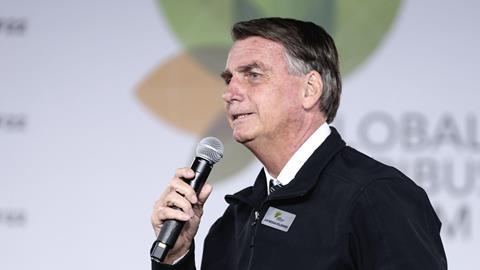
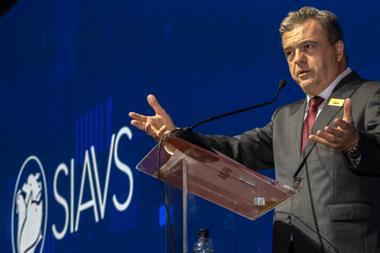
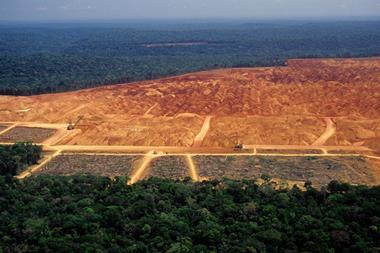
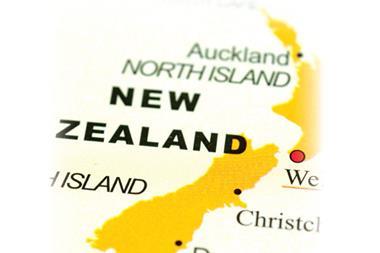
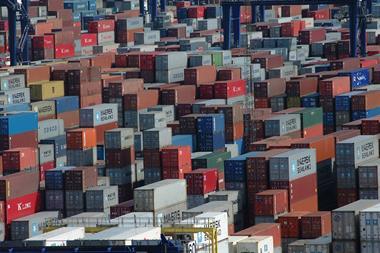
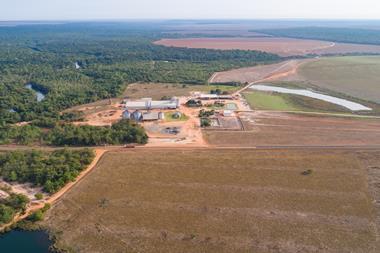







No comments yet